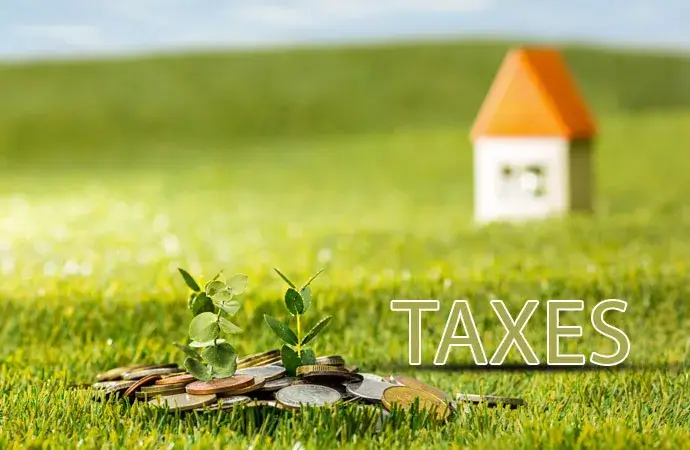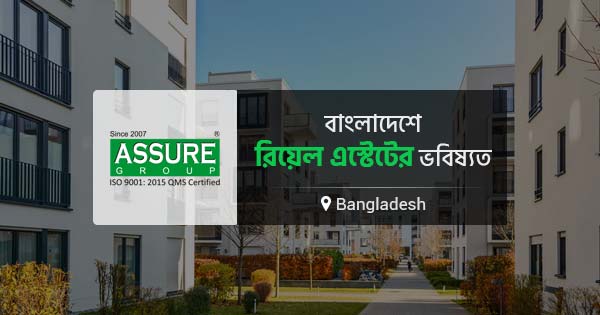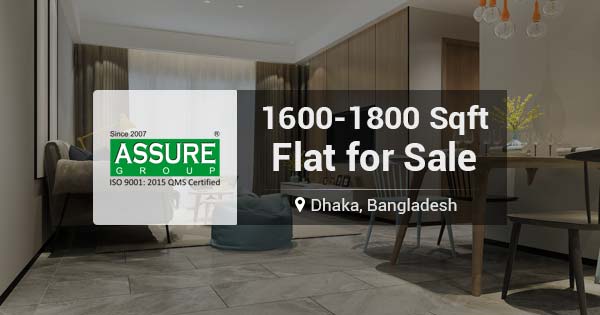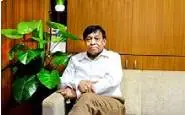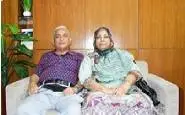| Residential land |
Tax payment receipts, sale deed, property map, worker's license, ID card, passport, and certificate of occupation. |
BDT 15,000 + 0.5% of market value over BDT 3,000,000 |
2% of the market value. |
| Commercial land |
Same as above |
BDT 15,000 + 0.5% of market value over BDT 3,000,000 |
2% of the market value. |
| Agricultural land |
Same as above |
BDT 15,000 + 0.5% of market value over BDT 3,000,000 |
2% of the market value. |
| House |
Same as above |
BDT 15,000 + 0.5% of market value over BDT 3,000,000 |
2% of the market value. |
| Flat |
Same as above |
BDT 15,000 + 0.5% of market value over BDT 3,000,000 |
2% of the market value. |
| Shop |
Same as above |
BDT 15,000 + 0.5% of market value over BDT 3,000,000 |
2% of the market value. |
| Office |
Same as above |
BDT 15,000 + 0.5% of market value over BDT 3,000,000 |
2% of the market value. |
| Factory |
Same as above |
BDT 15,000 + 0.5% of market value over BDT 3,000,000 |
2% of the market value. |
| Warehouse |
Same as above |
BDT 15,000 + 0.5% of market value over BDT 3,000,000 |
2% of the market value. |
| Godown |
Same as above |
BDT 15,000 + 0.5% of market value over BDT 3,000,000 |
2% of the market value. |
| Workshop |
Same as above |
BDT 15,000 + 0.5% of market value over BDT 3,000,000 |
2% of the market value. |
